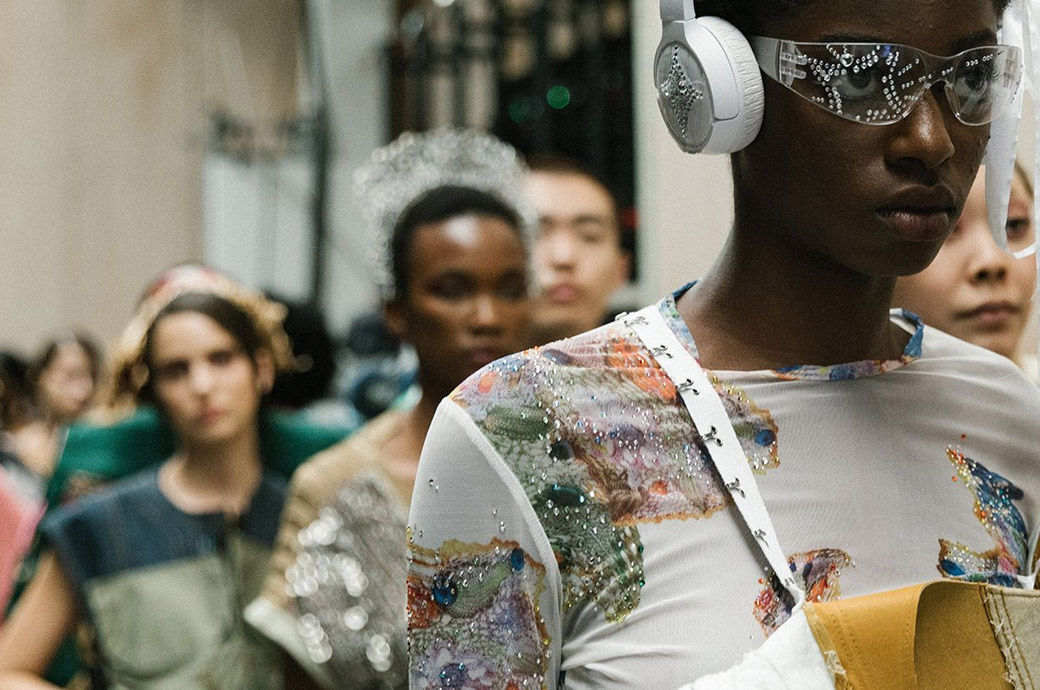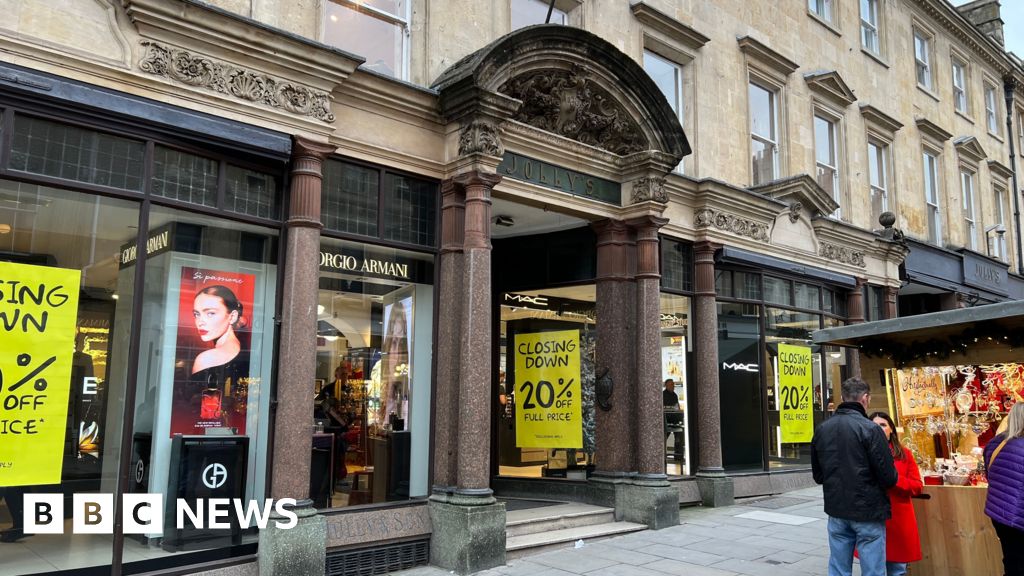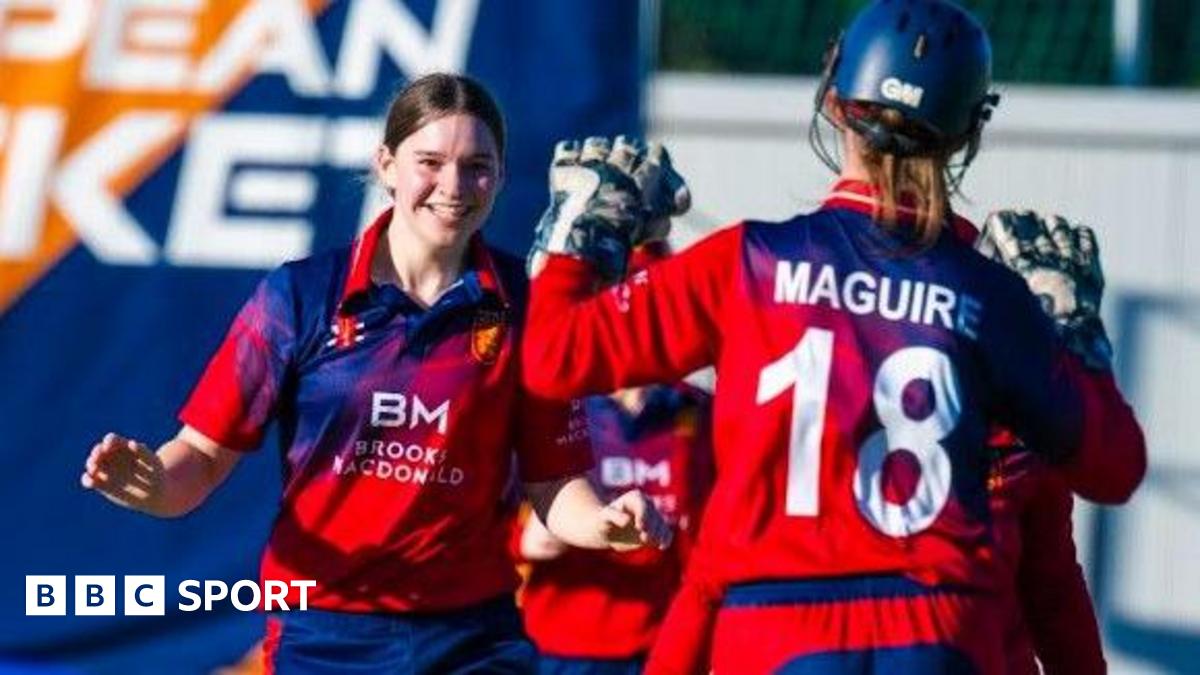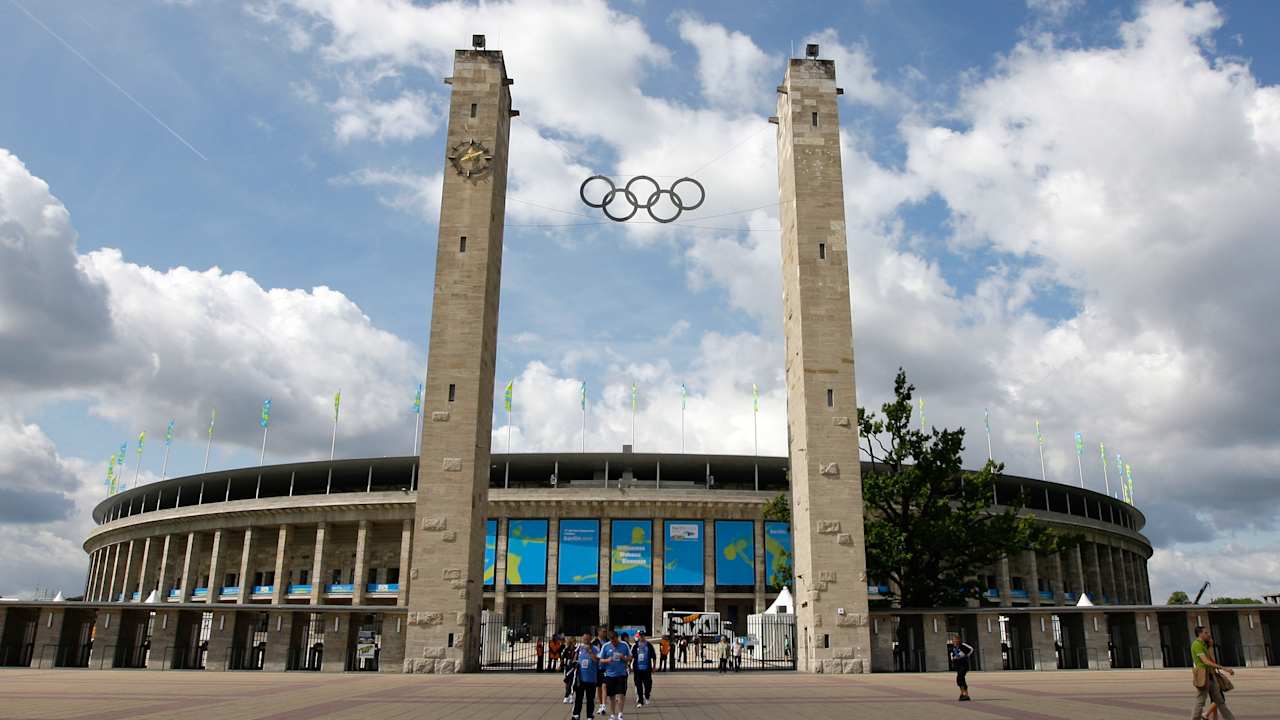The projects that were awarded STEP Seals will be actively promoted by the European Commission among public funding bodies.
The European Commission has unveiled the first list of “high-quality projects” that have been awarded a Strategic Technologies for Europe Platform (STEP) Seal, a quality label which gives more visibility to promising projects in clean and resource-efficient tech, and deep and digital tech.
STEP Seals are awarded by the European Commission to all projects contributing to STEP objectives. The projects must meet quality requirements in the calls for proposals under five programmes funded by the European Union (EU) budget: the Innovation Fund, the Digital Europe Programme, the European Defence Fund, the EU4Health programme and Horizon Europe.
The Commission said in an official statement today (9 December) that the first 130 projects which were awarded the STEP Seal will “aim to develop cutting-edge clean technologies with a focus on energy and industry (Innovation Fund), and digital technologies for space-related applications (Horizon Europe/Space)”.
The 130 projects that received a STEP Seal today included a significant amount that previously received EU funding, including 85 net-zero projects that were awarded €4.8bn in grants from the Innovation Fund, and six projects that received €18.2m from Horizon Europe under a specific STEP topic of the Space research call 2024. In addition, 39 non-funded projects also received a STEP Seal.
Examples of the projects which were awarded Seals include: the development of components for offshore wind towers in Poland; a first-of-a-kind sea freight service powered by hydrogen cells in The Netherlands; manufacturing of photovoltaic modules in Italy; CO2 capture for storage technologies in Denmark; and radiation-resistant integrated circuits for in-space applications, which will involve multiple different countries.
STEP was originally set up earlier this year by the EU, following a provisional agreement between the European Council presidency and European Parliament negotiators. The idea for the platform, which is dedicated to boosting investment in critical technologies in Europe, was initially proposed by Commission president Ursula von der Leyen in June 2023.
‘More than a badge’
Welcoming the announcement, EU commissioner for budget, anti-fraud and public administration Piotr Serafin said that the 130 projects showcase “Europe’s ingenuity and commitment to reducing our strategic dependencies while boosting our competitiveness”.
“The STEP Seal is more than just a badge – it serves as a bridge between promising ideas and the support they need to thrive, whether through public or private investment,” Serafin added.
Projects which are awarded a STEP Seal are listed on the STEP Portal, and the Commission will actively promote these projects among public funding bodies. In addition, member states are encouraged to support these projects.
The past few weeks have been very eventful for the European Commission across a plethora of different sectors.
Following the withdrawal of a complaint by an e-book distributor, the Commission announced that it would close its antitrust investigation into tech giant Apple.
Last week, the Commission increased efforts to boost net-zero technologies that it says are key to ensuring the competitiveness of European industry, while also meeting agreed climate goals.
The Commission has also said that it had increased its monitoring of TikTok under the Digital Services Act, after evidence emerged indicating that TikTok accounts from other EU countries targeted Romania in the lead up to the country’s presidential elections, which took place on 24 November.
Don’t miss out on the knowledge you need to succeed. Sign up for the Daily Brief, Silicon Republic’s digest of need-to-know sci-tech news.










